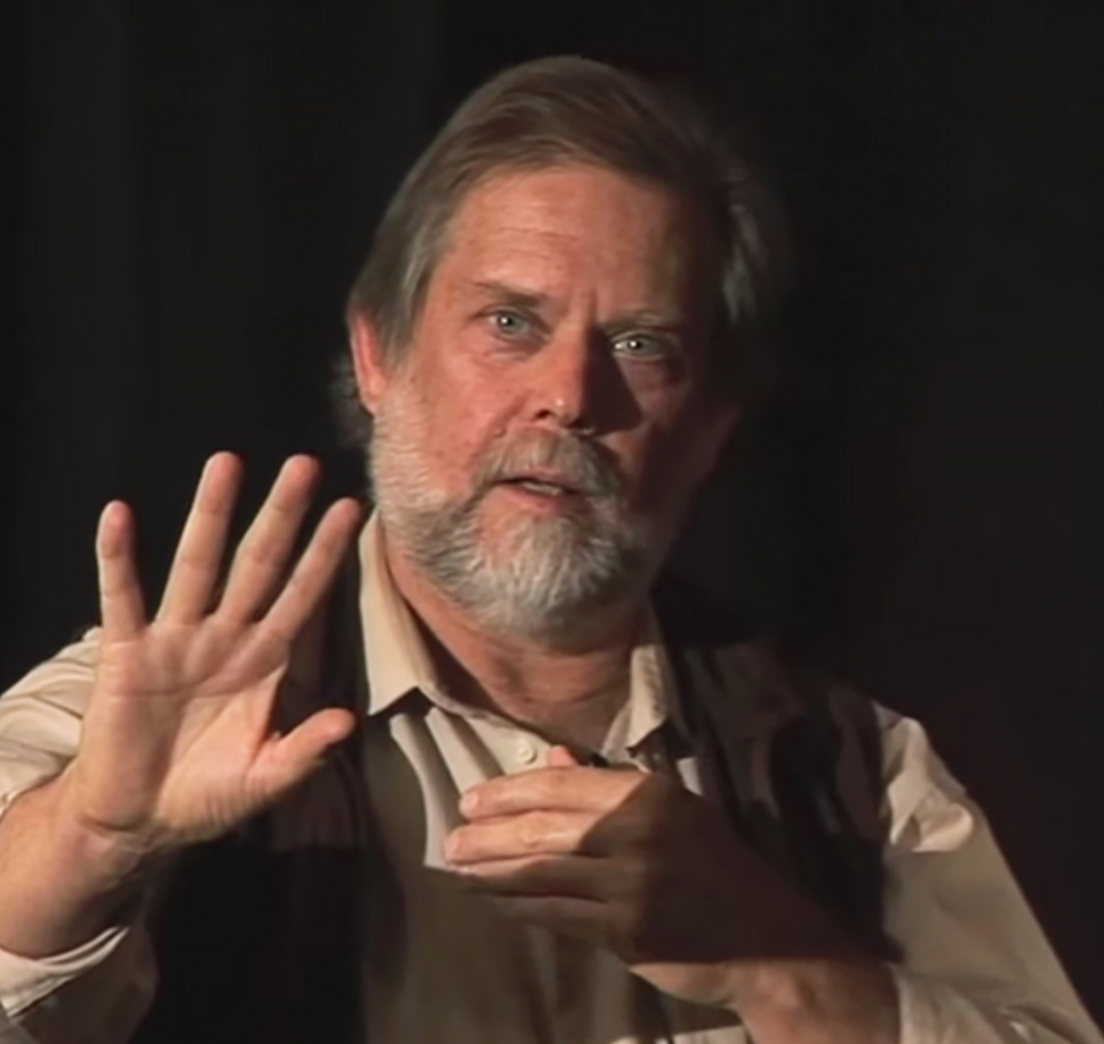We are facing one of the most profound periods of change in human history. This mutation is forcing us to be aware that we have to construct our systems and ways of life for ourselves, while rapid and frequent changes occur in our societies of continuous innovation. To be able to guide our future, we must investigate what is happening, as well as the consequences arising – in all fields of our life – from the economic, social, cultural and religious events that are taking place before our eyes. We have to study what is occurring in our societies in order to calibrate what is happening to the language of the religious traditions of the past and their age-old legacy. Attributing the crisis in religion to the breakdown of culture is one way of evading the serious problem. The cause of this situation has been the general evolution of culture and its consequences.
The Consequences of New Technosciences (TC)

The wealth of new technologies (Big Data, IA, robotics, nanotechnology, nanotubes, nanofibres, biotechnology, quantum computing, etc.) currently undergoing exponential growth must force us to seriously consider how we humans wish to live with the knowledge, technology and possibilities – both good and bad – that come along with it.
The development of this knowledge and technology pushes us to consider a new project to enable humanity to live collectively. We cannot continue to use technosciences with this neo-capitalist collective life project that exploits the environment and human collectives. We have witnessed the serious problems it generates. It is totally unsustainable – and the more these technosciences develop, the more unsustainable it becomes.
The selfishness of individuals, groups and countries must be taken into account when dealing with such knowledge and technologies and their enormous possibilities. We must bear in mind that the project of collective life that has been employed to date encourages competition between individuals, groups and countries; that this project is based on ambition; and that it stimulates an aggressive approach in both defence and attack.
We cannot maintain that this huge development of technosciences is encouraged and governed by people, groups and nations, in a competition where everything counts. Permitting the extremely rapid developments of technoscience and its consequences to move in this direction is tantamount to letting them develop in no other direction than ambition, without any regard for real human interests. The prevailing interest is excessive ambition in a fierce competition that pits us all against each other. It results in the destruction of the environment, the extinction of animal species, climate change and extreme deprivation of many peoples and social sectors. We are not forced to maintain this collective life project. We can build another one fitting to the new situation.
Permitting these human creations to function in this way is to submit to a logic that could be described as “doing the bare minimum” without any further consideration. No matter how good the intentions (whether it is scientific curiosity or ambition) of collectives, individuals, companies, or countries, it is never possible to prevent them from undertaking what could be damaging to all living society.
The development of multiple technosciences, which is so fast and so far-reaching, is currently reaching boiling point all at once, demanding that we take appropriate measures as a matter of urgency.
We need an axiological-value control of this whole process of accelerated growth; we need to study and discuss how to direct this whole process for the good of the environment, for life on the planet and for the good of humankind. Continuing as we are will only lead us to ruin. And not just the ruin of the human species, but also the very ability to live here on this planet.
Our situation as regards these exponentially growing technosciences demands that we rethink our system of organisation, from the family to countries and to humanity as a whole.
We need new ways of organising the human collective to be able to exercise effective control (from an axiological-value perspective) of the highly accelerated and unstoppable development of technosciences and the consequences of this. We must have the power to guide all this growth, not out of selfishness and ambition, but for the good of all life on the planet and for the good of humanity altogether.
The situation we find ourselves in calls for a global government capable of steering this new destiny of humanity to success. It makes us realise that organising our human coexistence into nations, as has been the case up to now, is incapable of curbing the selfishness of organisations and countries. As long as there are nations there will be no way to control this competition of selfishness.
We need to equip ourselves with the ability to assess the desirability or undesirability of each branch of technoscience. It must be the interests of life and not the selfishness of companies or states that governs the course of our scientific and technological creations. Humanity should have the means to block some technosciences and encourage others. Technosciences for exploitation should be barred and, on the contrary, those that serve life, care for the environment, and aim for the happiness of all mankind, should be fostered.
But how can the selfishness of powerful collectives be undone? How can we prevent companies, collectives and ‘mafioso’ countries from forming?
Humanity should be endowed with coercive power that is capable of ensuring that the selfishness and ambition of individuals, groups and countries does not drive the progress of technoscience.
Global funding power would also be needed.
We should be able to build a general, collective axiological project (or CAP) to apply and foster sciences and technology that serve humanity and life on this planet.
We would need a global committee to approve or reject proposals for research and development of new knowledge and technology.
We are not talking about a “desideratum”, of an ideal to be pursued. We are talking about a requirement of life itself. Given the rapid and exponential growth of technosciences and their possible consequences in creating new projects and services, humanity would have to make all the organisational and axiological adaptations to take advantage of this new situation and not allow our own creations to quickly turn against us and all life on the planet.
We cannot persevere with the financial system that is managing these new technosciences, nor with the organisation of nations governed by the selfishness of individuals and collectives. This will lead to not only our suicide but to that of all life.
We need a new project of human life. We need to stop living for more, but instead to live for happiness, and not at the expense of others, but with them.
Religions cannot help us in this task because they are linked to survival systems that have disappeared or are in the process of doing so. However, we need wisdom and a profoundly human quality that shares the message of all the wise men from the past; many of which stem from religions.
Our collective life project should motivate us to be happy together on this earth, using all the growth and acceleration of technosciences for that purpose. This is the message of all humanity’s religious and spiritual traditions and of all the wisdom that we as humans have achieved.



